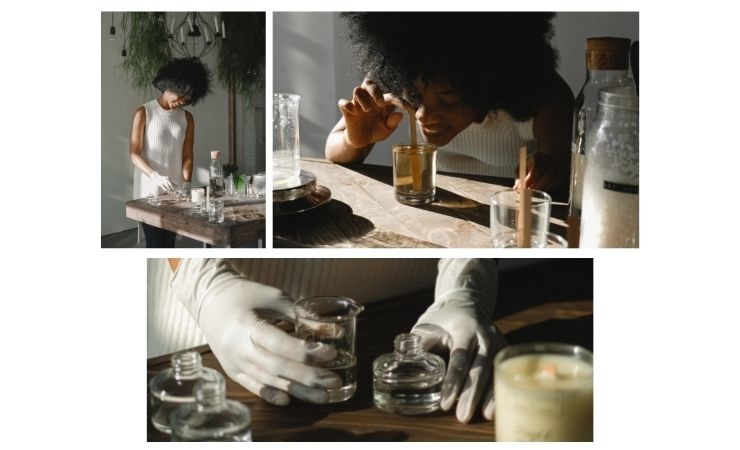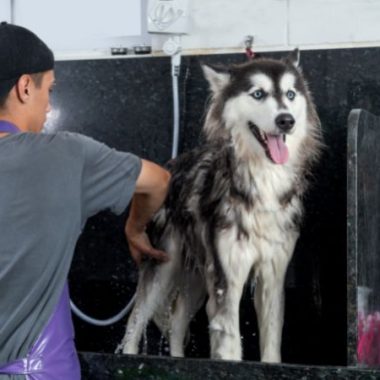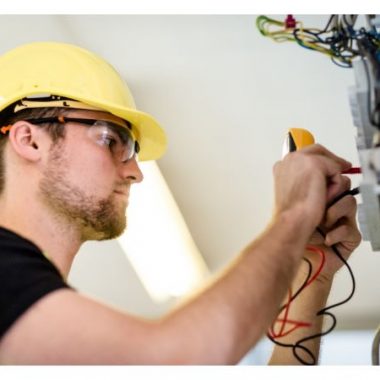Candle Making
Candle makers make candles by melting wax and shaping it either by pouring it into moulds or by repeatedly dipping wicks into the wax. In small-scale candle making, traditional methods are typically used rather than automated processes.
Many candle makers trade from a home base or small craft workshop. Candle makers on a small scale typically sell their products directly to consumers, usually through online craft marketplaces like Etsy and Folksy, as well as at local markets and craft fairs. Besides supplying consumers, many also supply trade customers, such as gift shops, church suppliers, spa hotels, wedding favour suppliers, and wedding venue decorators.
Traditional pillar candles (church candles), multi wick candles, scented candles, wax tarts, and tealights are some of the top candle categories.
Basic Supplies
Candle makers also need to source supplies of waxes, wicks, moulds, fragrances, dyes and containers from reliable suppliers .Common waxes include vegetable waxes like soy wax, beeswax, paraffin wax, and blended waxes.
Recent priced examples are as follows:
Paraffin wax (around £20 for five kilograms).
Soy wax and blended vegetable waxes (from around £20 for five kilograms).
Beeswax (around £45 for five kilogrammes).
Wicks (£12-£15 for 250 waxed wicks).
Fragrances (around £20 to £50 for a 500 gram bottle, usually sufficient for around 10 kilograms of wax).
Dyes (around £2 for enough dye to colour 5 kilograms of wax).
Safety labels (around £4.00 per 100).
Tins and jars (from around 10p to £1.50 each).
Suppliers of candle making equipment and materials include 4CandlesUK (4candles) and Candle Shack (candle-shack.co.uk).
Candle making courses
Various courses are widely available around the UK. Examples include the following:
The Soap School runs a regular one-day Eco Candle Making course, which covers using eco-friendly waxes and essential oils, as well as the creation of contemporary designs and finishing touches on packaging. The course costs £150 and is held in Huddersfield. Go to soapschool for more information.
Plush Folly runs a candle making course, including Certificate in Making Candles (which is a distance-learning course costing £65). For more information, go to plushfolly.
Some of the legalities
Under the Consumer Rights Act 2015 and the Sale of Goods Act 1979, items offered for sale by a candle maker must be of satisfactory quality, as described and fit for purpose. Customers can return them if they’re not satisfied and claim a full refund. Although a replacement can be provided instead of a refund, a refund can be insisted upon by the customer.
In accordance with the Consumer Contracts Regulations 2013 (CCRs), candle makers who accept orders online, over the phone, or via mail order from consumers (meaning anyone acting for a purpose unrelated to their business or profession) must provide specific pre-contract information such as pricing, payment terms, and cancellation policies to the consumers.
The CCRs also generally allow consumers who have placed an order online, by phone or by mail order to cancel the order 14 days after it is delivered and arrange to return the items for a refund. However, this cooling-off period does not apply to bespoke orders, such as candles made to order or personalised with names, messages or photos.
Under the Consumer Protection from Unfair Trading Regulations 2008 and the Consumer Protection from Unfair Trading (Amendment) Regulations 2013, misleading or otherwise acting unfairly towards a consumer, such as by offering misleading offers, pricing or discounts, is a criminal offence.
Around 5% of house fires are caused by using candles. Additional health risks associated with burning candles include respiratory problems and allergic reactions to chemicals used to add fragrance to the candles. Candle makers are legally required to ensure that candles they sell on the market are safe under normal use conditions under the General Product Safety Regulations 2005. Additionally, they must inform customers about the risks associated with their products and provide instructions about how to use them safely. Generally, these warnings and instructions are printed on labels fixed to the base of the candle or its packaging.
Candle makers should comply with the British Standards relating to candles, which include BS EN 15493:2007: Candles – Specification for Fire Safety; BS EN 15494:2007: Candles – Product Safety Labels; and BS EN 15426:2007: Candles – Specification for Sooting Behaviour. For more information, go to bsigroup.com.
It’s important to remember that The Health and Safety at Work etc. Act 1974 and the Safety at Work (Northern Ireland) Order 1978 require candle makers to protect the health, safety and welfare of anyone affected by their business. You would be expected to carry out a risk assessment of the workplace, to ensure the safety of customers, visitors or staff. By conducting risk assessments, candle makers should take into account issues such as burns from contact with hot wax and irritation from highly concentrated fragrances. Protective clothing and equipment, such as heat-protective gloves, aprons and goggles should also be used where necessary.
Additional points
Many candle makers add fragrance to their candles with essential oils and promote them as aromatherapy products. A growing number of people with depression and anxiety disorders, as well as an interest in preventative healthcare, have led to a rising demand for aromatherapy products containing essential oils, such as scented candles (prnewswire.co.uk).
Guidance about how to handle, store and use fragrances safely is published by 4CandlesUK at 4candles.co.uk.
By offering seasonal candles, candle makers meet changing consumer demand throughout the year, such as autumn and winter scents, spice-scented Christmas candles, or Halloween and Valentine’s Day candles. For examples of seasonal candles see bestkeptsecrets.co.uk
Candle makers face competition from established branded candles such as Jo Malone (jomalone.co.uk ), Pecksniff’s (pecksniffsshop.com ), Lily-Flame (lily-flame.co.uk) and Yankee Candle (yankeecandle)
As well as craft and gift retailers, candle makers must contend with craft and gift shops that specialise in fair-trade, environmentally friendly products such as candles, oil burners, and incense produced by social enterprises in developing countries. Examples include Shared Earth sharedearth.co.uk and Traidcraft traidcraftshop







